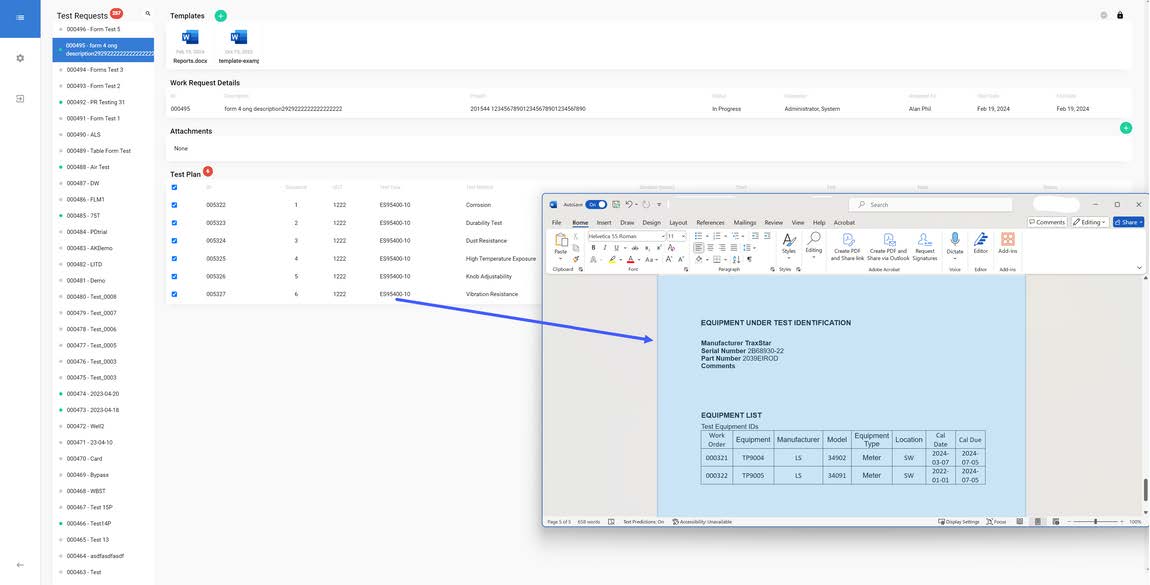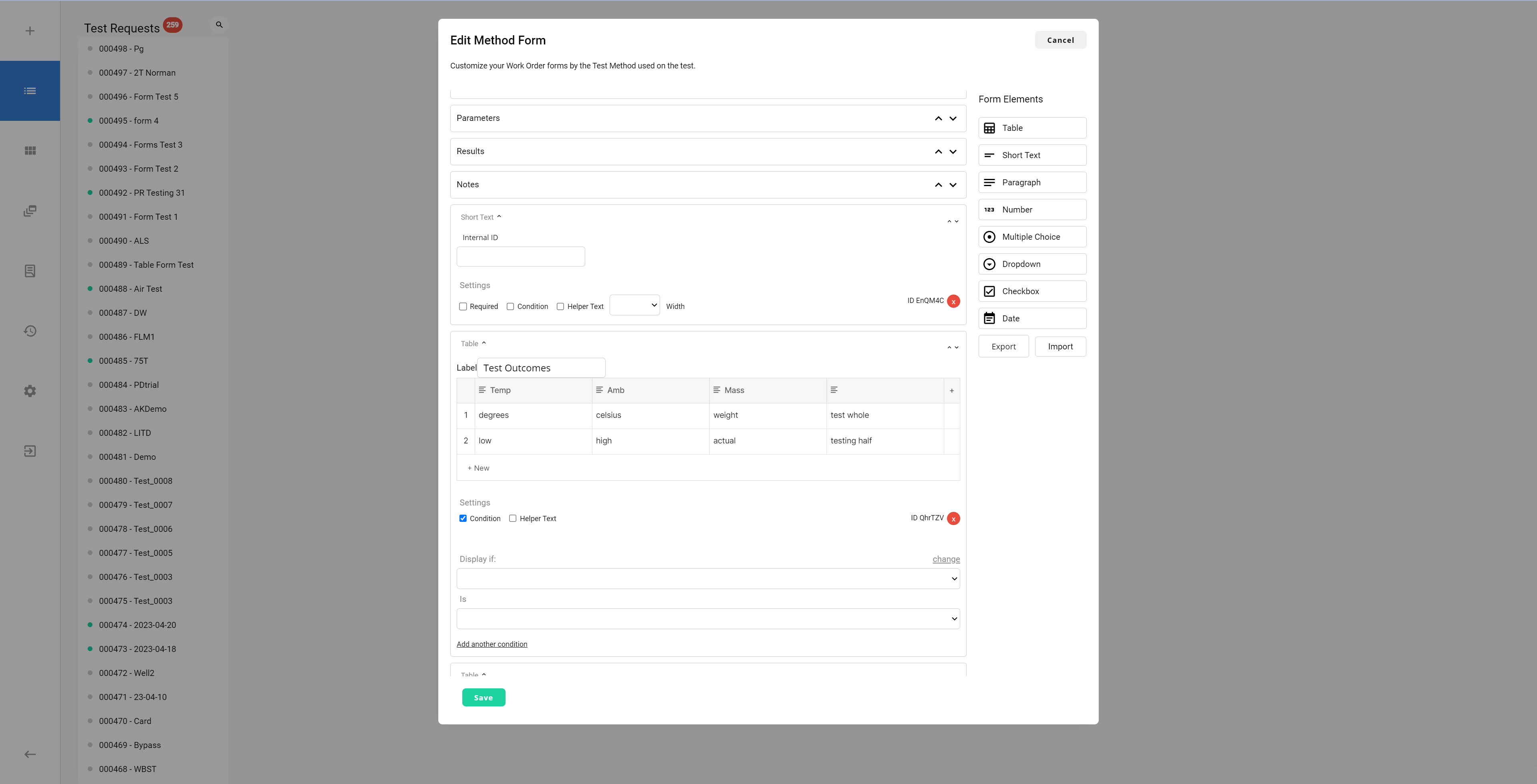As a laboratory manager, you are responsible for the success of your team and the quality of your lab's work. To be great at your job, you need a combination of hard work, dedication, and technical skills.
Here are 9 essential skills that contribute to being a great laboratory manager.
Organization
One of the most important skills for a laboratory manager is organization. It will help to keep track of many tasks and projects, prioritize them, and delegate them to your team effectively. This requires an understanding of how your laboratory operates, as well as an awareness of the skills and strengths of each team member.
A great laboratory manager also keeps their lab organized regarding equipment, supplies, and documentation. They maintain a well-stocked lab, ensuring that the necessary materials are available when needed, and they keep detailed records of all tests, procedures, and results.
Laboratory managers understand the importance of strong organizational skills to keep their laboratories running smoothly. The Laboratory Information Management System (LIMS) allows managers to manage data and test units efficiently, plan for staff and resources needed, effectively archive documents, and track workflows. Therefore, laboratory managers implementing a LIMS system can increase efficiency while meeting compliance requirements.
Communication
Effective communication is key to a great laboratory manager. It would help if you communicated clearly and effectively with your team and other stakeholders. Your team needs to communicate with each other, and you need to ensure that everyone is on the same page. In addition, laboratory managers must be able to make sure that test results are communicated quickly and accurately.
In addition to verbal communication, a great laboratory manager must also be able to write clear and concise reports and emails and use appropriate presentation tools to communicate data and results to others. Actively catch up and listen to your lab members. Maintain clear communication lines to ensure everyone is on the same page and working towards the same goal. You should also present complex ideas in a way understandable to people who may not have technical backgrounds.
LIMS streamlines communication and collaboration around tests, keeping your team on the same page. Wading through notes on apps and software from Teams to Excel can take a lot of work. With QATrax, our comprehensive system for laboratory testing, you can keep everything in one place and simplify your communication process when looking for what you need. Additionally, you can generate reports and aggregate laboratory data in dashboard views to streamline the process of deriving insights.
Leadership
A great laboratory manager must be able to lead their team effectively, inspiring and motivating them to work together to achieve their goals. This requires a deep understanding of each team member's strengths and weaknesses, what tasks they can do, and the ability to delegate tasks and responsibilities effectively.
Leadership also requires a clear vision for the laboratory and the ability to communicate this vision to your team and provide the support and resources necessary to achieve it. A great laboratory manager can make difficult decisions, manage conflicts, and guide and support their team.
Cultivate a team with strong interpersonal bonds that will enable you to reach peak performance.
Problem-solving ability
One of the essential skills for a laboratory manager is the ability to solve problems. You will encounter various challenges in your laboratory, from technical issues with equipment to personnel problems. A great laboratory manager must be able to analyze the situation, identify potential solutions, and implement the best solution promptly and efficiently.
This role requires critical thinking, creativity, technical expertise, and the ability to work well under pressure and remain calm and focused in facing challenges.
Cultivate Creativity
A great laboratory manager must also have a high degree of creativity. This includes thinking outside the box and coming up with new and innovative solutions to problems. Creativity is essential in the rapidly changing field of testing and technology, where new advances and discoveries are made regularly.
A creative laboratory manager can develop new and innovative tests and procedures, always looking for new and better ways to achieve their goals. This helps to keep their laboratory at the forefront of their field and helps to ensure its continued success.
Critical Thinking Skills
Critical thinking is a crucial skill for a laboratory manager. You must be able to analyze data and results, identify patterns and trends, and make sound decisions based on this information. This requires a deep understanding of the test methods and the ability to think logically and critically about the information you are presented with.
A great laboratory manager must also be able to question assumptions and challenge conventional wisdom, always striving to find the best and most accurate information.
Interpersonal skills
A great laboratory manager must possess a variety of skills to be successful. In addition to technical expertise and knowledge, they must have strong interpersonal skills. This includes the ability to communicate clearly, work well with others, and build positive relationships with their team.
The successful laboratory manager will also be able to handle difficult situations diplomatically and remain professional in interactions with colleagues and customers. They must be able to understand different perspectives and bring together diverse teams of people towards a common goal.
Technical Expertise
A great laboratory manager must understand the test methods and possess various technical skills to succeed. These skills include using lab equipment, understanding complex data, interpreting results, and making decisions based on this information. In addition, they must also have strong interpersonal skills and communication abilities to lead their team effectively. With this trait in hand, a great laboratory manager can ensure the success of their lab for years to come.
Time management skills
Time management is another essential skill for any laboratory manager. A great lab manager must be able to prioritize tasks, delegate responsibilities, and set deadlines to keep the laboratory running efficiently. They must also be able to anticipate potential issues before they arise and plan accordingly. With strong time management skills, laboratory managers can ensure their team completes projects on time and within budget. Moreover, by staying organized and managing their team's workload effectively, a great lab manager will be better prepared to take advantage of opportunities and respond quickly when unexpected challenges present themselves.
Overall skills of a great lab manager
The 9 essential skills that contribute to a great laboratory manager are;
- Organization
- Communication
- Leadership
- Problem-solving ability
- Cultivate creativity
- Critical thinking skills
- Interpersonal skills
- Technical expertise
- Time management
Laboratory manager skills typically also include;
- experienced lab managers have in-depth knowledge of laboratory management processes and procedures
- handle conflicting priorities and competing demands on their time
- thorough knowledge of safety and lab procedures
- knowledgeable about laboratory equipment
- deep understanding of lab techniques
- technical and managerial skills
- strong communication skills
- project management skills
- laboratory operations
- lead lab meetings
A great laboratory manager must have the ability to think both analytically and strategically. They must be able to identify the objectives of their lab and develop plans to achieve them. This requires a deep understanding of the different facets of laboratory management, from personnel management to budgeting and scheduling. Additionally, a great lab manager must possess strong motivational skills and be able to inspire others to achieve their best. By merging the many abilities of a great laboratory manager, one can guarantee that their lab will be orderly and productive. With excellent organizational, communication, leadership, problem-solving, critical thinking, and time management skills, a great laboratory manager can ensure the success of their lab for years to come.
Your Labs Opportunity
Elevate your lab's operations and optimize your management skills. Visit traxstar.com/qatrax to book a demo today and take the first step towards a more efficient and successful laboratory.








